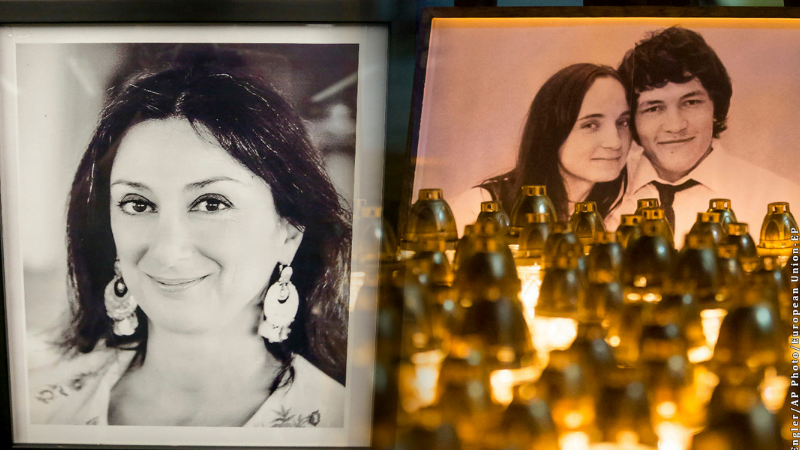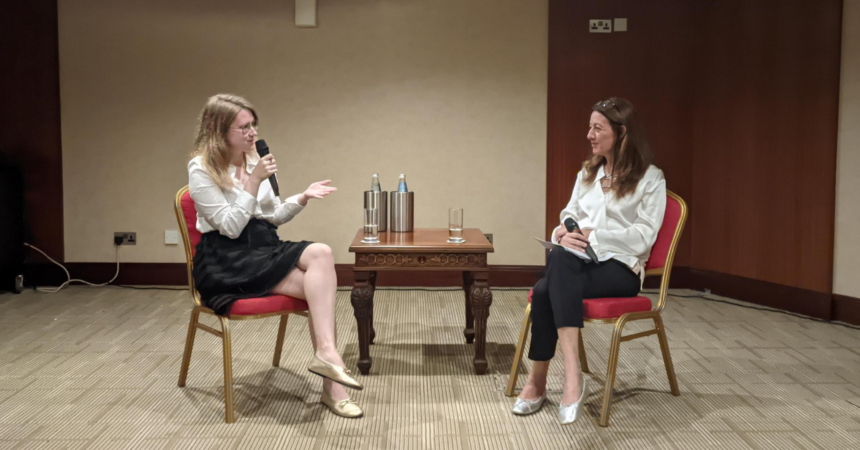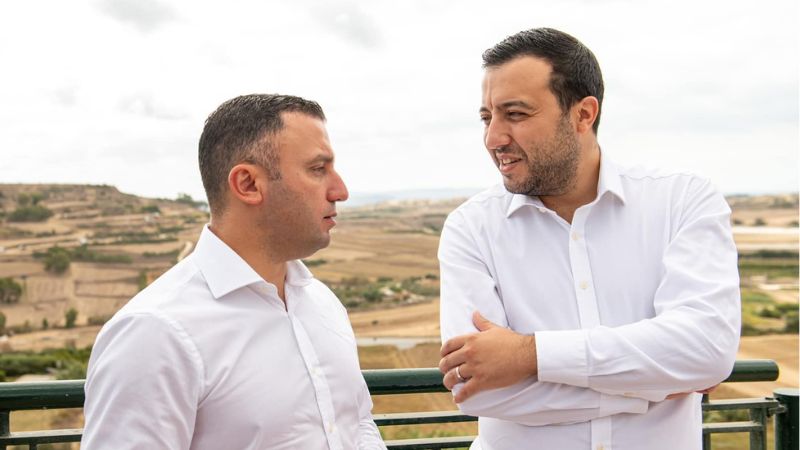“They were ordinary people doing their job right”, said Slovak journalist and press freedom activist Karolína Farská, referring to the assassinations of journalists Daphne Caruana Galizia and Ján Kuciak in an interview with The Shift’s Founder and Managing Editor Caroline Muscat on Friday.
The interview was organised by Repubblika as part of the activities marking six years since Caruana Galizia’s murder.
Kuciak and his fiancée were murdered in February 2018 following his investigations into the tax fraud of business people with connections to top-level Slovak politicians. Kuciak and Kušnírová’s murder sparked a political crisis in Slovakia, leading to the resignation of pro-Kremlin prime minister Robert Fico, who is set to retake another mandate following recent general elections.
Farská spoke about the hostile environment for journalists in Slovakia and how it closely parallels that in Malta. She noted how “politicians were offering anti-journalism as a campaign policy” in the recent elections and said journalists find limited support from police and have little faith in the competency of the judicial system.
Caruana Galizia and Kuciak were both “ordinary people doing their job right”, said Farská, noting how the “reasons for their murder were similar: they wanted the truth to be heard, and they didn’t want to leave that position”.

The murders of Ján Kuciak and his fiancée Martina Kušnírová bear striking similarities to the assassination of Daphne Caruana Galizia.
While Fico resigned following Kuciak and Kušnírová’s murder, he swept to victory once again in September and is expected to form a ruling coalition with him back as prime minister.
Farská said Fico’s reelection was disheartening, but the strengthening of Slovakia’s civil society following Kuciak’s murder could better keep him to account.
“There are still many battles which need to be fought,” she said, “You need people to show up to safeguard democracy.”
She said that while it is “understandable that people get tired when they don’t immediately see results”, any country’s civil society “needs to be sustainably active, not just for a month,” for it to count.
Farská and Muscat spoke about how, in both Malta and Slovakia, “a lack of a political alternative creates an idea of mistrust in the [people’s] ability to create change,” with Farská nevertheless noting that “even though various institutions have been captured, there are individuals who are still fighting for good.”
On the topic of expecting change from politicians, Muscat noted you “cannot substitute a lack of willingness”, pointing to bureaucratic and slow police action and a lack of political will when denouncing attacks or harassment against journalists.
Farská ended the interview with a message of hope for journalists and activists, noting that while “full justice [for Kuciak, Kušnírová and Caruana Galizia] is not achievable as nothing will bring them back,” faith in a better future is essential. “You have to wake up tomorrow and try again”.












